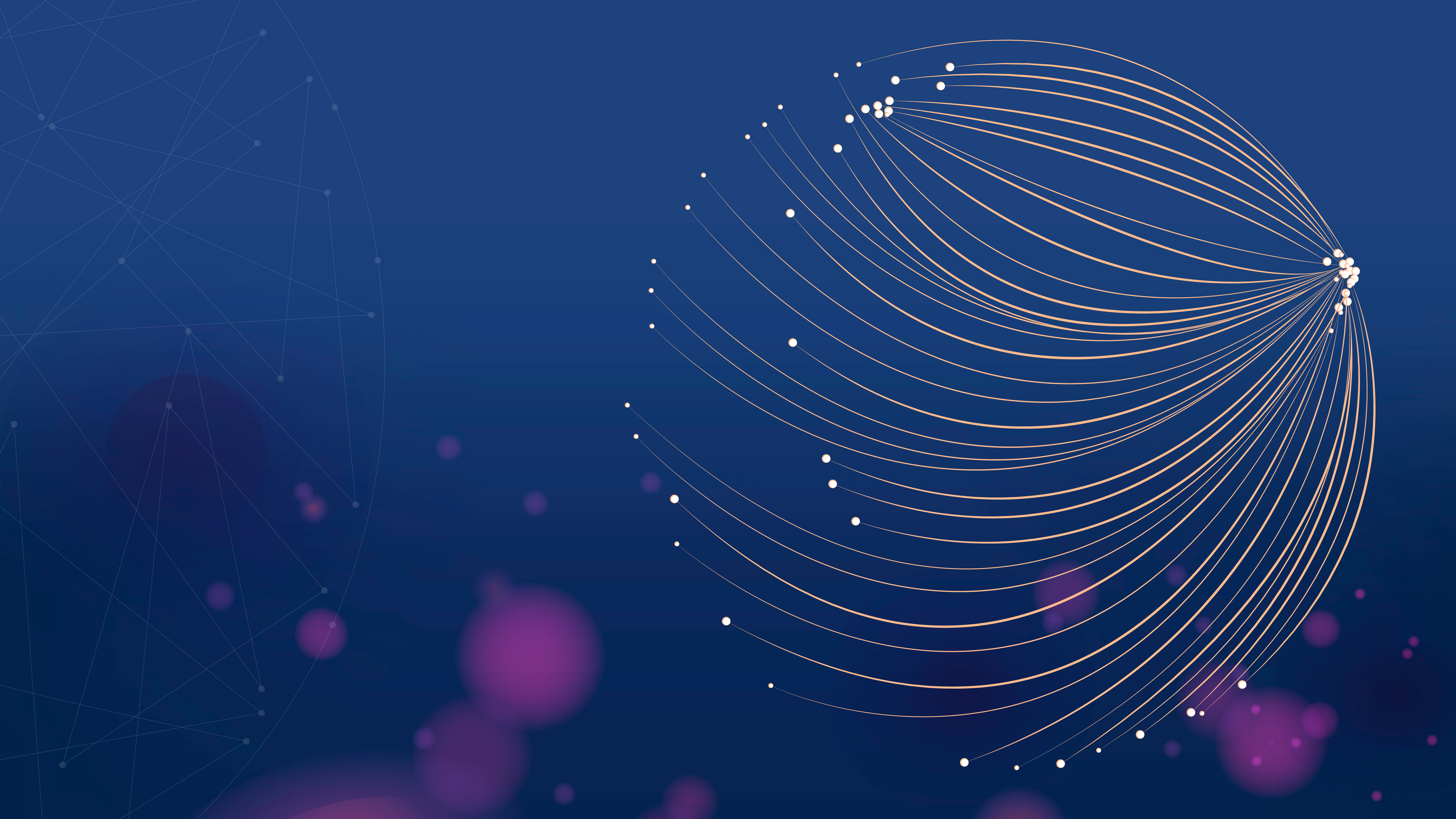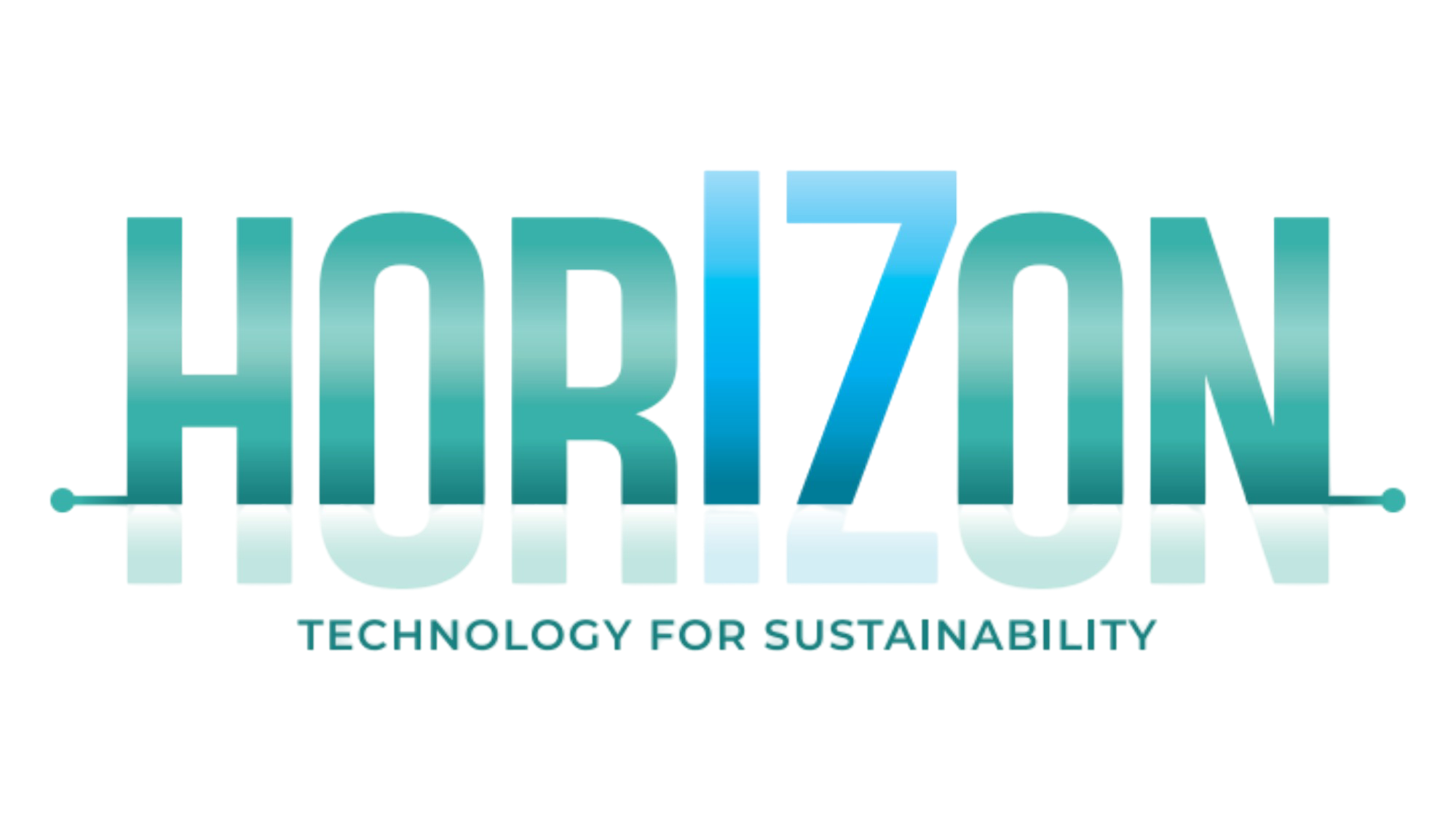
INTERNET OF THINGS (IoT)
Connecting the Physical and Digital Worlds for Sustainable Operations
The Internet of Things (IoT) represents a network of physical devices embedded with sensors, software, and connectivity that enables them to collect and exchange data. In sustainability applications, IoT creates a digital nervous system that monitors environmental conditions, resource usage, and system performance in real-time. This continuous stream of accurate, timely data forms the foundation for informed decision-making and automated optimization in sustainability initiatives.
IoT Applications in Sustainability
Real-Time Emissions Monitoring
- Immediate detection of abnormal emission levels.
- Automated alerts for compliance violations.
- Granular data collection for accurate carbon accounting.
- Performance verification of emission reduction technologies.
Smart Resource Management
- Real-time energy consumption monitoring across facilities.
- Water usage tracking and leak detection.
- Waste stream analysis and sorting optimization.
- Raw material flow monitoring throughout production processes.
Integrated Data Collection Techniques
- Multi-parameter sensor arrays for comprehensive environmental monitoring.
- Edge computing for real-time data processing and reduced bandwidth requirements.
- Secure data transmission protocols to protect sensitive information.
- Interoperable platforms that integrate with existing infrastructure.

"Where tomorrow's technology meets today's innovation."
The Horizon17 IoT Solution for Biofuel Production
Our innovative IoT-integrated biofuel park solution exemplifies our approach to sustainable technology integration. This system transforms Sewage Treatment Plants (STPs) into productive energy and biofuel generators by incorporating IoT sensors that perform:
Raw Material Monitoring
Continuous analysis of feedstock composition and quality.
Fermentation Process Control
Real-time adjustment of process parameters for optimal yield.
Energy Generation Monitoring
Tracking of energy outputs and system efficiency.
Automated Control Systems
Self-regulating processes that maintain optimal conditions.
Real-Time Data Analytics
Immediate processing of operational data to identify improvement opportunities.
Cloud Integration
Secure storage and accessibility of performance data.
Integration with Other Smart Systems
Seamless connection with facility management systems.
Benefits of IoT-Driven Sustainability
Operational Visibility
Comprehensive awareness of environmental impact across operations.
Proactive Management
Address issues before they become problems.
Resource Efficiency
Reduce waste through precise resource allocation.
Data-Driven Innovation
Continuous improvement based on actual performance data.
Automated Compliance
Streamline regulatory reporting with accurate, verifiable data.
At Horizon17, our IoT implementations have demonstrated remarkable results, including:
- Making STPs self-sustainable by generating power internally.
- Complete sludge conversion into valuable resources.
- Significant reduction in odor problems and corrosion.
- Production of high-quality manure as a by-product.
- Consistent supply of indigenous Sustainable Aviation Fuel (SAF).
By harnessing the power of IoT, we enable organizations to achieve unprecedented levels of sustainability performance while creating new value streams from previously untapped resources.

